The Commonwealth Games will be broadcast live over EE's 4G network in a trial that will make buffering and broken streams a thing of the past. Working with Huawei, Qualcomm and EE, the BBC will use broadcast technology hidden in 4G to broadcast rather than stream live content over a mobile network.
The BBC said that broadcasting popular content such as major sporting events to mobile devices would ensure higher quality footage without buffering and freezing. It is hoped that the trial will demonstrate how 4G could be used as a new broadcast standard for mobile networks.
Broadcast experts at the BBC said that the live content would be broadcast using the MPEG-DASH format and is sent over an IP link to a Huawei server, before being sent onto base stations and finally picked up by a device. The content is broadcast on 2.6Ghz spectrum and could, the BBC says, be integrated into BBC iPlayer.
View latest offers from EE
The closed nature of the experiment means that members of the public won't be able to access the 4G broadcast on their devices. Brodcasting over 4G hasn't been tried in the UK before, with the BBC's research and development team claiming it was capable of carrying popular content even on crowded networks.
"Broadcasting popular content to mobile devices offers the possibility of delivering content in a consistent quality without the buffering and resultant freezing that can affect conventional streaming over mobile networks at times of congestion", said Andrew Murphy from the BBC's research and development department.
People interested in seeing the technology in action will be able to see it at the Glasgow Science Centre's Clyde Suite from 10am to 5pm as part of the BBC at the Quay event. The BBC will also be showing content broadcast in Ulrta-HD.
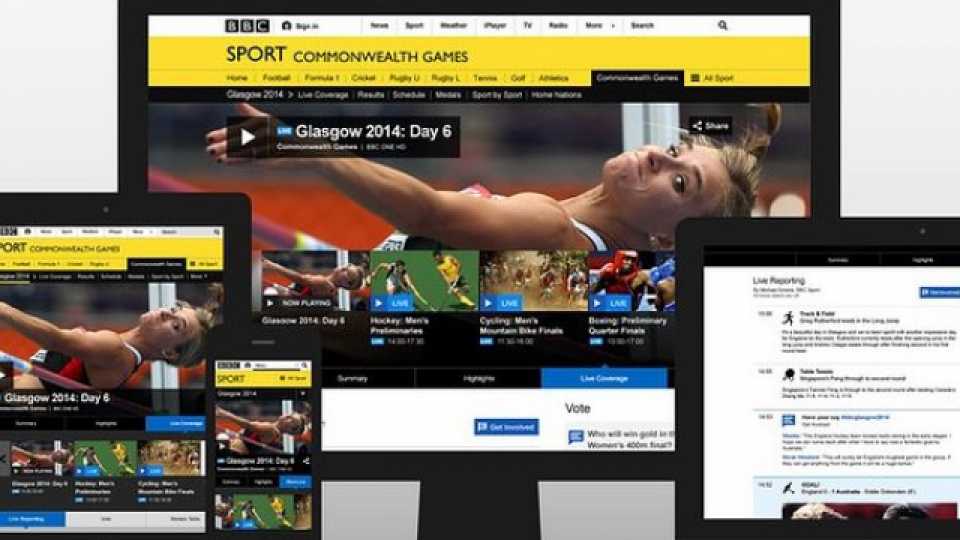


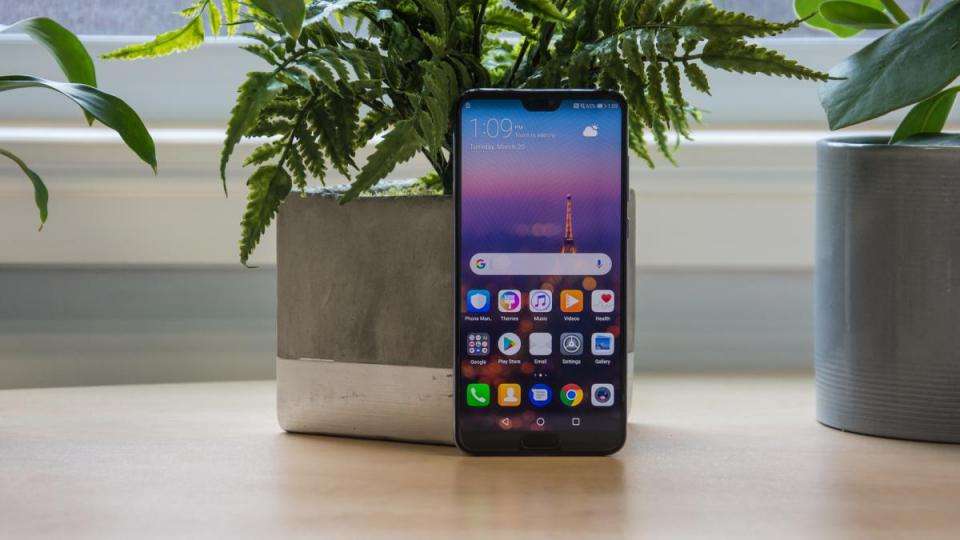
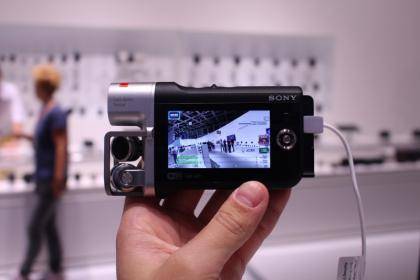
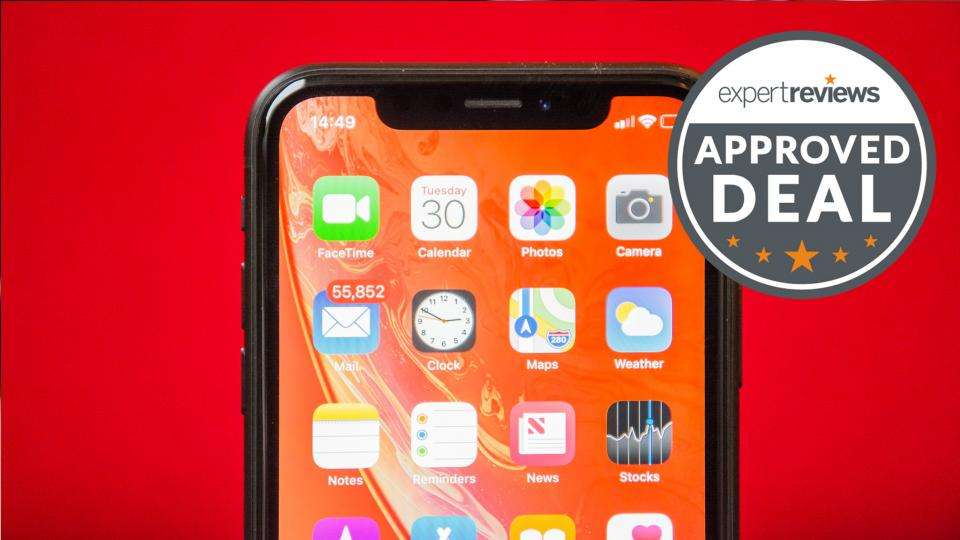
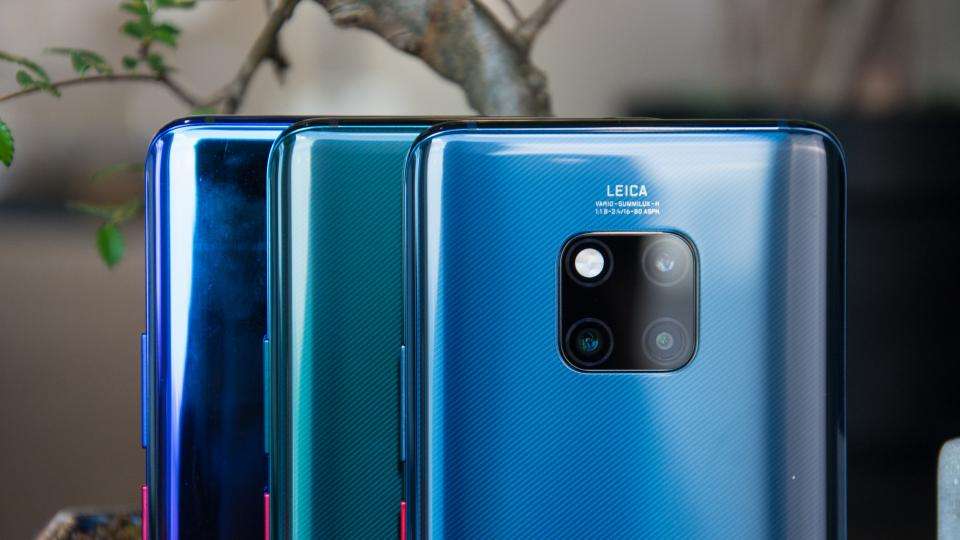
Leave a Reply